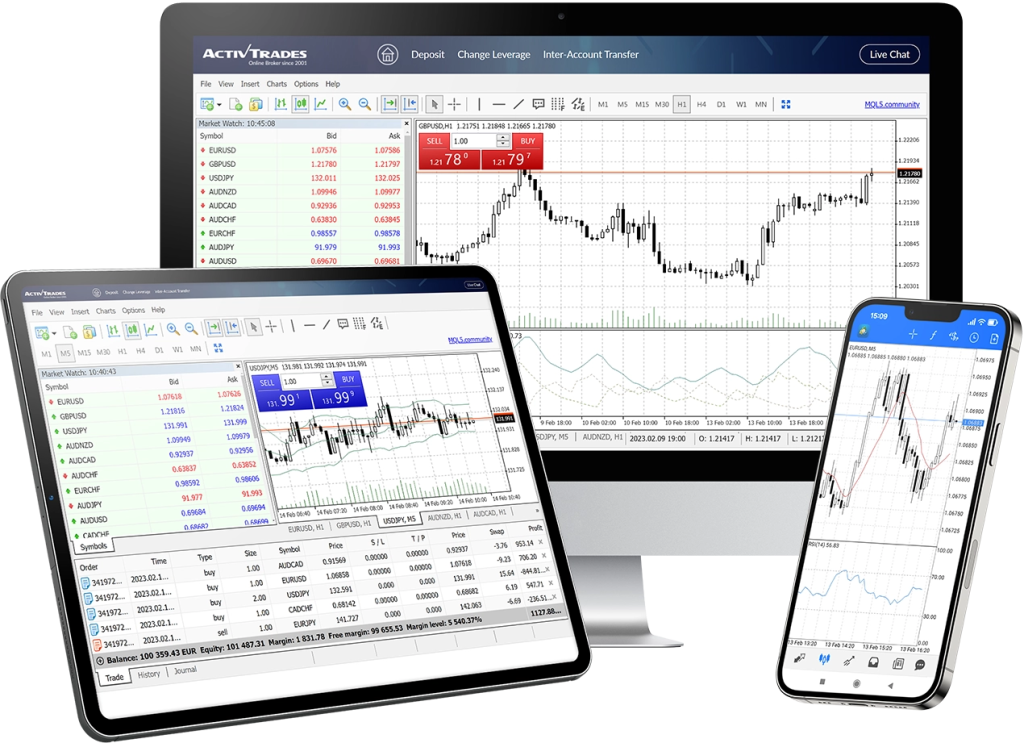Gain exposure to crypto without the risks of self-custody
Highly competitive zero commission trading
Trade bandwidth of 100k+ trades per second
All client deposits are insured and held in segregated accounts
With customer satisfaction rate over 95%
Your profits are instantly available to you at all times

Trade forex on our exclusive next generation trading platform


| EURUSD | GBPUSD |
| USDJPY | and more |

| EURUSD | GBPUSD |
| USDJPY | and more |

| EURUSD | GBPUSD |
| USDJPY | and more |

| EURUSD | GBPUSD |
| USDJPY | and more |

| EURUSD | GBPUSD |
| USDJPY | and more |

| EURUSD | GBPUSD |
| USDJPY | and more |

| EURUSD | GBPUSD |
| USDJPY | and more |
Rather than thinking of decentralisation as being against centralisation, or bitcoin and crypto being against our global institutions, it may be helpful to think of them as a counterbalance.
All crypto is, when you look at it dispassionately, is an attempt to prevent power from finding its way into fewer and fewer hands, often in the form of unaccountable (and unelected) organisations that have come to hold an incredible amount of power and influence.
The network is entirely permissionless. Anybody can participate, either as a miner, or as an account holder, without needing to ask, undergo a credit check, or even reveal their identity. The complex sets of rules that govern how bitcoins are mined and distributed ensure that it’s incredibly costly to cheat the system because the cost of cheating is far greater than the cost of playing fair.
The point of a permissionless network is that in a world where you can have your accounts frozen, nobody can prevent you from accessing them. On a global scale, this means that bitcoin can fill the role of a truly global asset, that no single country can control.
Cryptocurrency is a relatively new breed of digital asset where there is no central controlling authority. Cryptocurrencies use mathematics and cryptography to do away with centralised authorities.
Your regular bank account is essentially a digital ledger controlled by the institution you bank with. That ledger includes how much you have on deposit with that organisation, as well as any obligations, for example, overdrafts, mortgages, or credit cards. The bank in question keeps a similar ledger for all the rest of its customers.
Now, in this case, you may want the bank as a middleman to ensure that the money is deducted from and credited to the right accounts. You wouldn’t want to trust every customer of the bank to be able to go in and amend the bank’s ledger on their own, would you?
What bitcoin achieved as the first cryptocurrency, was the creation of a global, public, tamper-proof ledger, with no central authority to control it. So, the bitcoin protocol is a ledger that everyone in the world has access to, showing all the accounts on the network and how many bitcoins they control, as well as a collection of rules regarding how many bitcoins there are, how many there will be, and how they are to be issued.
But the true magic of bitcoin is that it solved a long-standing computer science problem, that of digital scarcity. You know very well from your own experience in the digital world that digital artifacts are not unique and are incredibly easy to copy. If you send someone a photograph via email, this doesn’t take the image off your machine and deliver it to them, you keep a copy and they get one too.
Bitcoin’s clever mix of cryptography, mathematics, and incentives made it the first kind of digital good in history that is provably scarce and can’t be copied. This has opened the door for transferring value over the Internet in ways that weren’t possible before.
Trading cryptocurrencies is much like trading any other asset class, however, there are some unique features that beginners should be aware of:
The tight correlation between crypto and the US stock market in recent years, means that at times when US stock markets are closed, some investors use crypto as a proxy to express positional views related to how they believe US stocks will open once trading resumes.
Why is this important? Because crypto’s sometimes incredible volatility acts as a natural kind of leverage. For this reason, using leverage to trade crypto is an unbelievably risky proposition.